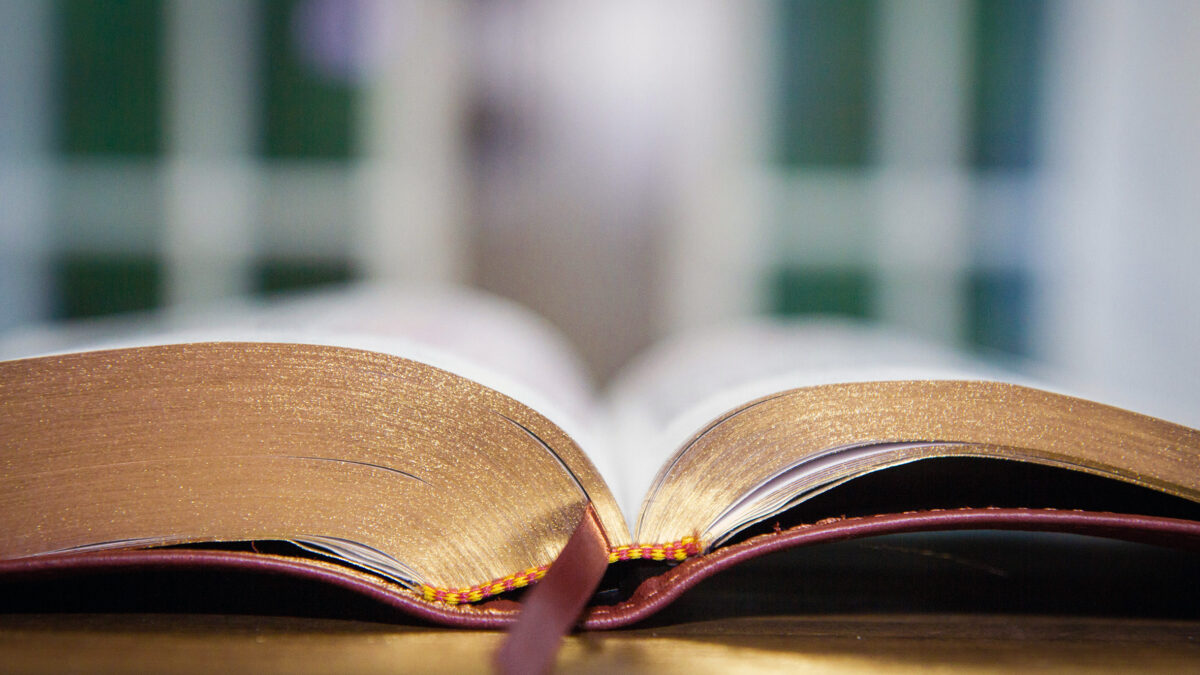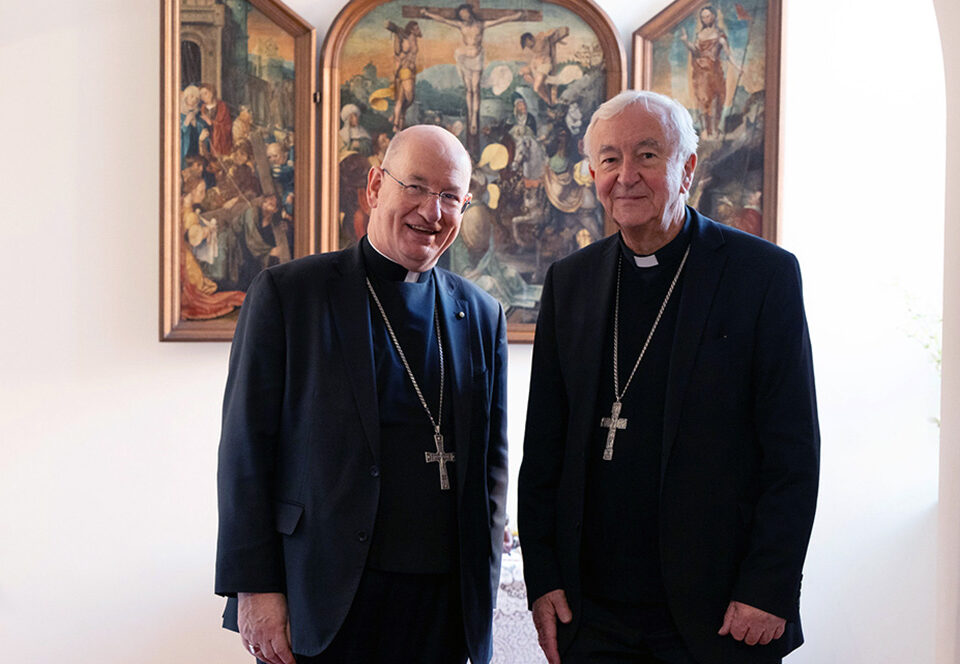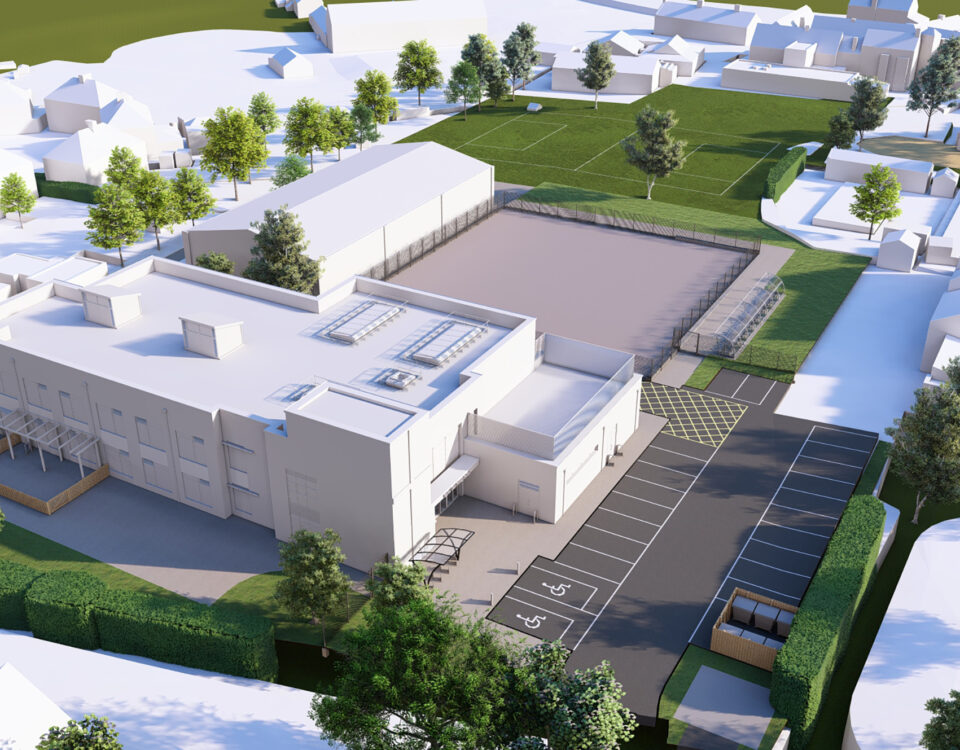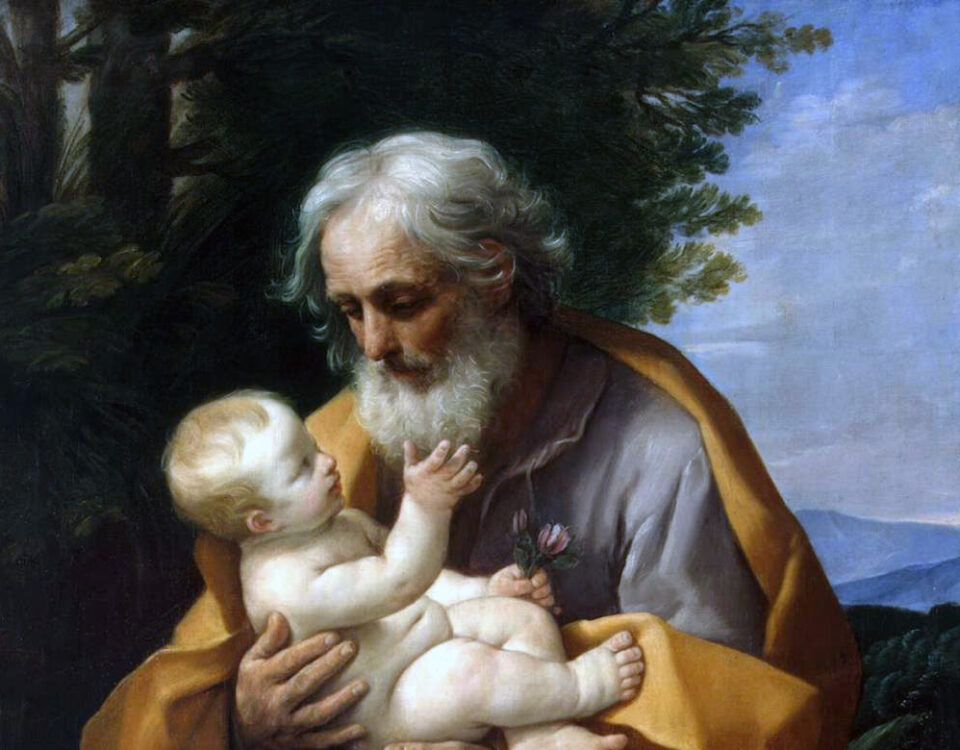
Reflecting on the Season of Creation with CAFOD
September 24, 2025
St Edmund’s Opens Season of Creation
September 26, 2025On 28 October 1965, Pope Saint Paul VI proclaimed the Vatican II declaration Nostra Aetate. Sixty years later it remains a ground-breaking and transformative document, challenging the Church to reflect on her relationship with non-Christian religions.
Although at the time it was overshadowed by other Council documents such as Gaudium et Spes and Lumen Gentium, the years since have shown clearly the importance of dialogue — with other Christians (ecumenism), with people of other faiths, and even with those who describe themselves as having no religion or as being “spiritual but not religious”.
For Catholics in East Anglia, this is lived experience. Across the diocese, priests and parishioners are involved in dialogue and cooperation with friends and neighbours of different traditions. The Commission for Dialogue and Unity, led by Brian Keegan of Peterborough, carries responsibility for this work locally, and many towns and cities have interfaith groups working together on projects such as food banks and debt advice centres, as well as gathering for study or to share in one another’s feast days.
Older generations will remember the language once used in Catholic prayer. In the Good Friday liturgy of older missals, we prayed “for the conversion of the Jews” and “for the conversion of infidels”. Today, those prayers have been reshaped, and we now pray “for the Jewish people”, “for those who do not believe in Christ” and “for those who do not believe in God”, with words that better reflect God’s loving care for all.
Nostra Aetate begins with words that remain striking: “In our time, when day by day mankind is being drawn closer together, and the ties between different peoples are becoming stronger, the Church examines more closely her relationship to non-Christian religions… she considers above all… what men have in common and what draws them to fellowship.” Concerning Hinduism and Buddhism, the Council teaches that “the Catholic Church rejects nothing that is true and holy in these religions”. About Muslims, the declaration affirms that they adore “the one God, living and subsisting in Himself… who has spoken to men”, revere Jesus as a prophet and honour Mary, await the day of judgement, and value the moral life expressed in prayer, almsgiving and fasting.
A central theme of the document is the “bond that spiritually ties the people of the New Covenant to Abraham’s stock”. It acknowledges that the beginnings of Christian faith are found among the Patriarchs, Moses and the prophets. Importantly, it declares that “God holds the Jews most dear for the sake of their Fathers” and insists that “the Jews should not be presented as rejected or accursed by God”. The message is clear: there is no place for antisemitism in Christian life. The declaration concludes: “The Church reproves, as foreign to the mind of Christ, any discrimination against men or harassment of them because of their race, colour, condition of life, or religion.”
Successive Popes have called us to put these words into practice. Saint John Paul II said in 1990: “Dialogue is not so much an idea to be studied as a way of living in positive relationship with others.” In East Anglia, this spirit is lived out daily, whether through interfaith committees, parish-based initiatives, or local cooperation on issues that concern us all — justice and peace, the environment, or the protection of life. The Catholic Bishops’ Conference of England and Wales produced Meeting God in Friends and Strangers (2010), a helpful guide for parishes and individuals which offers practical advice, including on praying together and interreligious marriages.
This October there will be several events marking the 60th anniversary of Nostra Aetate. At a national level, a commemoration will take place on Sunday 26 October at St Chad’s Cathedral, Birmingham. The programme begins at 1.30pm with a panel discussion, followed by an address from Lord Khan of Burnley, Minister for Faith, Communities and Resettlement, and concludes with Sung Vespers at 4.00pm. Bishop Peter, together with representatives from East Anglia, is expected to attend. Closer to home, in Peterborough on Tuesday 21 October at 7.15pm, Brian Keegan will give an introduction to Nostra Aetate at St Oswald’s Church (PE4 6AE), an excellent opportunity for parishioners in our diocese to engage with the document directly.
If you would like to learn more about interfaith work in East Anglia — or to get involved — please do get in touch.
Priscilla Barlow:
priscillabarlow79@gmail.com
Brian Keegan:
brian@keeganpeterborough.com




